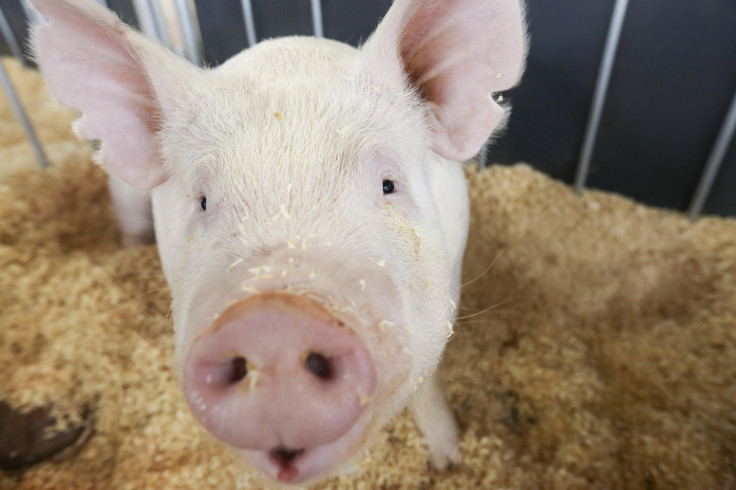Scientists creates human-pig hybrid, raises ethical questions

The first human-pig hybrid was created in a milestone study as part of attempts to grow human organs to be utilised in transplants inside an animal body. The combination of two distantly related species is called “chimera,” inspired by the cross-species beast of Greek mythology.
The chimera is recognised as a considerable first step towards generating human hearts, livers and kidneys from scratch. With thousands of patients in need of organ transplants, scientists are trying to grow new organs, this time in a pig’s body.
The part-pig, part-human embryos work is led by Juan Carlos Izpisua Belmonte at the Salk Institute for Biological Studies in La Jolla, California. Izpisua Belmonte said that although they are still far from their main aim, which is to grow functional and transplantable tissue or organs, the creation of human-pig hybrid in a study is an important first step.
However, the study has raised concerns on ethical standards. Professor Daniel Garry, a cardiologist and head of a different chimera project at the University of Minnesota, agrees that that the human-pig hybrid raises opportunities, but it also stirs ethical questions.
Garry said the progress of the human-pig hybrid study has caused some disturbing questions like whether chimera will look more like a human or a pig and what could happen if it thinks like a human. It also remains an uncertainly if it is possible for human cells to cannibalise the pig embryo.
In spite of these ethical questions, Garry is confident that Izpisua Belmonte and his team are practicing a responsible approach. “These more fantastical possibilities are not a problem in reality,” he said.
Jun Wu, a scientist at Salk, said the study should be handled with right timing. “It’s like if you’re going onto a highway where the cars are travelling three times faster than you are, you need to choose the right timing, otherwise you cause an accident,” he explained.






